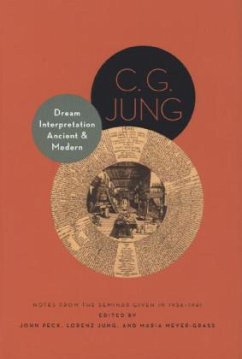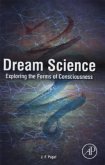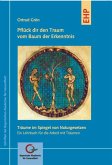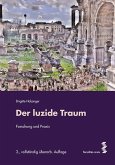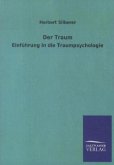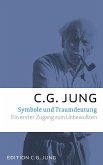From 1936 to 1941, C. G. Jung gave a four-part seminar series in Zurich on children's dreams and the historical literature on dream interpretation. This book completes the two-part publication of this landmark seminar, presenting the sessions devoted to dream interpretation and its history. Here we witness Jung as both clinician and teacher: impatient and sometimes authoritarian but also witty, wise, and intellectually daring, a man who, though brilliant, could be vulnerable, uncertain, and humbled by life's mysteries. An invaluable document of perhaps the most important psychologist of the twentieth century at work, this splendid book is the fullest representation of Jung's interpretations of dream literatures, filling a critical gap in his collected works.
"This is a very important book that adds a critical dimension to the Jungian literature. It provides a look into how Jung formulated his thinking in a group setting, and how he tried to put forward his conceptualizations. Readers will encounter Jung's darker side, but they will also become acquainted with his creative genius for interpreting dreams, his wide scholarship, and his penetrating intuition."--Brian Feldman, Jungian psychoanalyst

